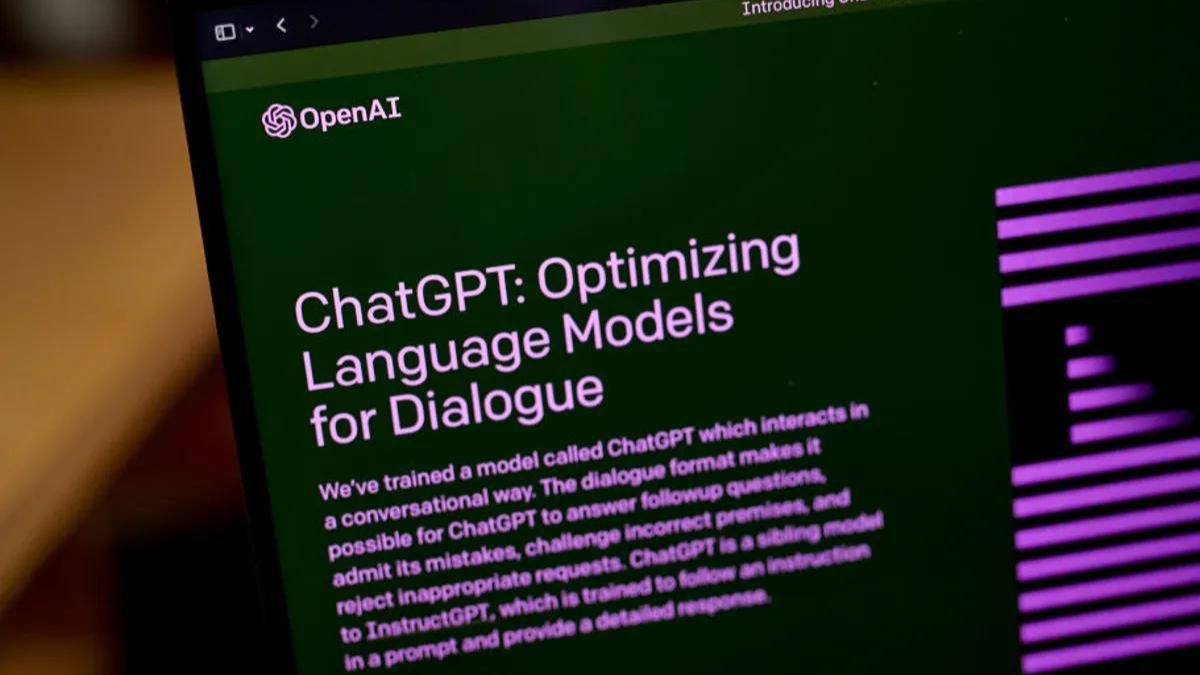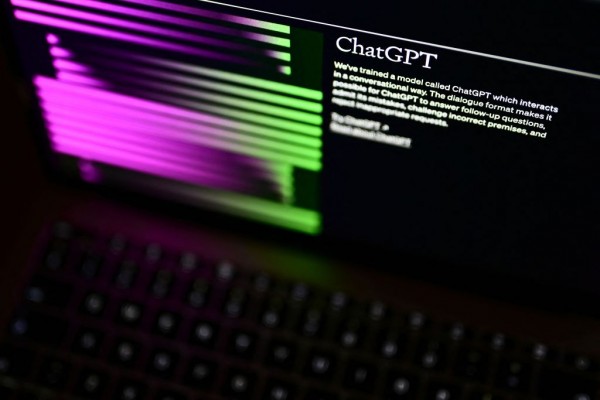In the ever-changing world of technology and retai...
news-extra-space

What is ChatGPT and why does it matter? Here's what you need to know (Image credit- ZDNet)
The creators of the enormously well-liked AI chatbot ChatGPT, OpenAI, have revealed intentions to launch a new subscription service for the chatbot. The new ChatGPT Business membership is made for professionals who need more control over their data and businesses looking to manage their end users. OpenAI states that ChatGPT Business will adhere to the API's data usage regulations, therefore by default, no data from end users will be utilized to train the model. In the upcoming months, ChatGPT Business will be made available via OpenAI. "We are also working on a new ChatGPT Business subscription for professionals who need more control over their data as well as for enterprises seeking to manage their end users," OpenAI stated in a blog post. [caption id="" align="aligncenter" width="600"] Image credit- Tech Times[/caption]
According to the reports, ChatGPT Business will abide by them, thus by default, end users' data won't be used to train our models.
OpenAI has updated ChatGPT with new features, including the capability to disable conversation history. Users will be able to select which chats can be used to train the model thanks to this new functionality.
When chat history is disabled, conversations that start during that time are not utilized to train or enhance the model and are not recorded in the history sidebar.
These additional settings may be found in the ChatGPT settings and have been made available to all users by OpenAI. They can also be changed whenever you choose. With this change, OpenAI aims to make data management simpler than it is now, replacing the opt-out procedure.
When chat history is disabled, conversations are only retained for 30 days and are only periodically examined to check for abuse before being completely removed.
[caption id="" align="aligncenter" width="940"]
Image credit- Tech Times[/caption]
According to the reports, ChatGPT Business will abide by them, thus by default, end users' data won't be used to train our models.
OpenAI has updated ChatGPT with new features, including the capability to disable conversation history. Users will be able to select which chats can be used to train the model thanks to this new functionality.
When chat history is disabled, conversations that start during that time are not utilized to train or enhance the model and are not recorded in the history sidebar.
These additional settings may be found in the ChatGPT settings and have been made available to all users by OpenAI. They can also be changed whenever you choose. With this change, OpenAI aims to make data management simpler than it is now, replacing the opt-out procedure.
When chat history is disabled, conversations are only retained for 30 days and are only periodically examined to check for abuse before being completely removed.
[caption id="" align="aligncenter" width="940"] Image credit- BBC Science Focus Magazine[/caption]
An export option is now available in ChatGPT's settings, making it easier for users to export their data and understand what is being saved by ChatGPT. Users will get an email with all the necessary information, including their conversations.
OpenAI anticipates that these advances will provide people with more power over their data and a more convenient method to manage it. In related events, the business has submitted a trademark application for the abbreviation "GPT," which stands for "Generative Pre-trained Transformer."
This is in line with previous attempts by other businesses to trademark names like ThreatGPT, MedicalGPT, and DateGPT.
The popularity of OpenAI's ChatGPT chatbot, which makes use of the GPT-4 deep learning model, served as inspiration for these names.
OpenAI would have the sole right to use the term "GPT" in the machine learning and artificial intelligence fields if it were to get the "GPT" trademark.
Also read: Amid the rise of AI chatbots, OpenAI wants to trademark “GPT”
However, the United States Patent and Trademark Office (USPTO) invalidated OpenAI's initial petition because there was insufficient supporting information and a missed fee payment.
Image credit- BBC Science Focus Magazine[/caption]
An export option is now available in ChatGPT's settings, making it easier for users to export their data and understand what is being saved by ChatGPT. Users will get an email with all the necessary information, including their conversations.
OpenAI anticipates that these advances will provide people with more power over their data and a more convenient method to manage it. In related events, the business has submitted a trademark application for the abbreviation "GPT," which stands for "Generative Pre-trained Transformer."
This is in line with previous attempts by other businesses to trademark names like ThreatGPT, MedicalGPT, and DateGPT.
The popularity of OpenAI's ChatGPT chatbot, which makes use of the GPT-4 deep learning model, served as inspiration for these names.
OpenAI would have the sole right to use the term "GPT" in the machine learning and artificial intelligence fields if it were to get the "GPT" trademark.
Also read: Amid the rise of AI chatbots, OpenAI wants to trademark “GPT”
However, the United States Patent and Trademark Office (USPTO) invalidated OpenAI's initial petition because there was insufficient supporting information and a missed fee payment.
Leave a Reply






